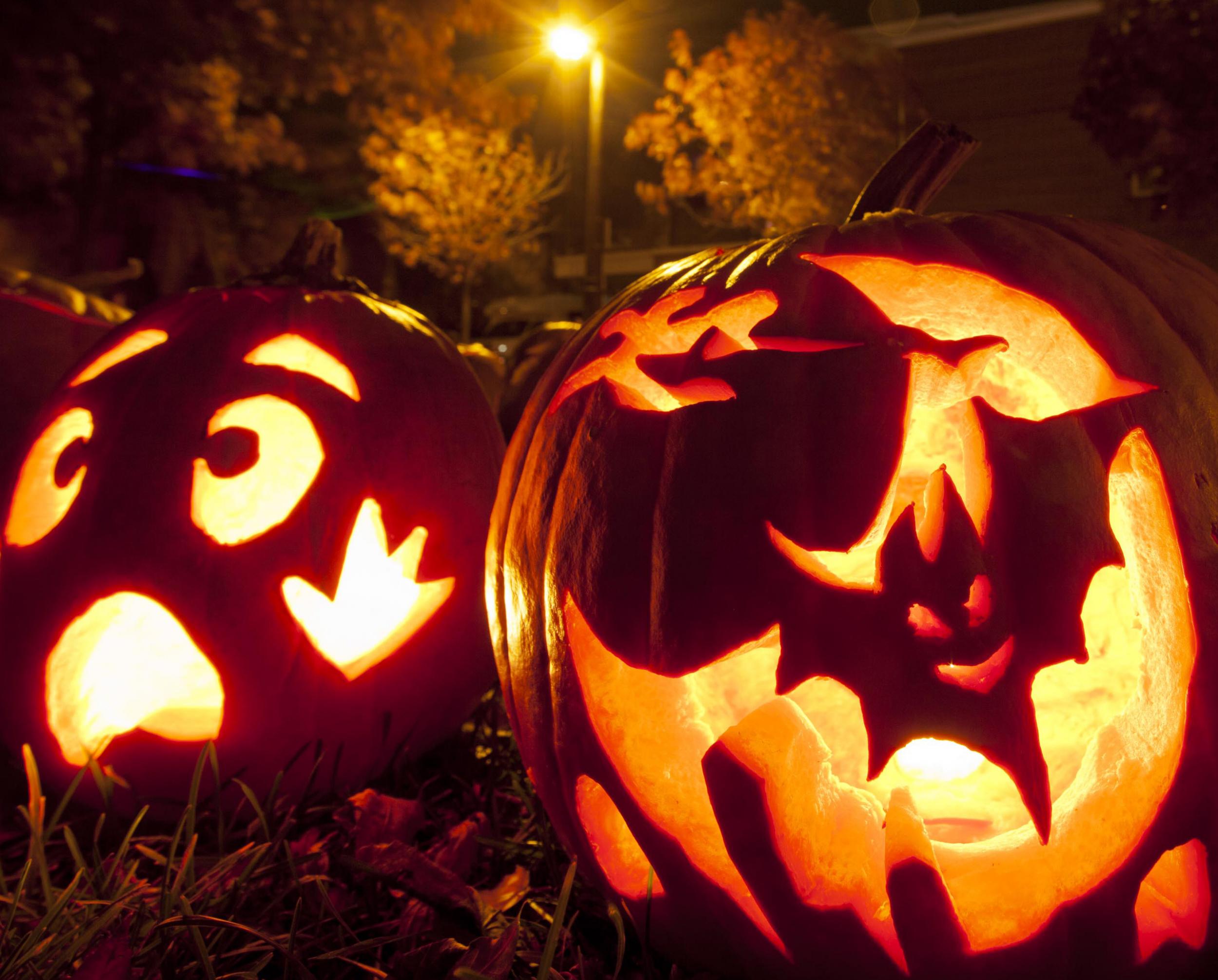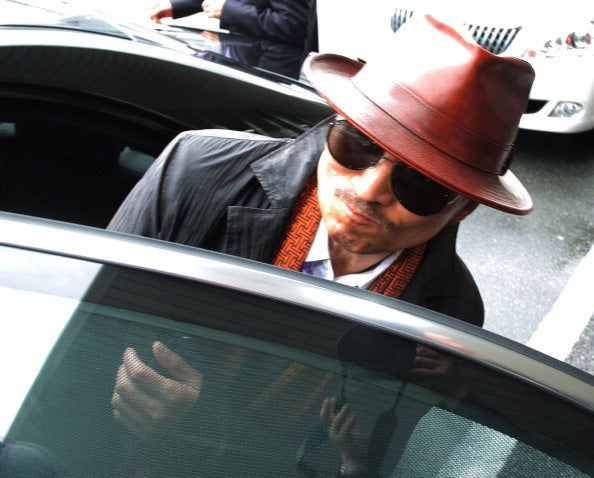Japanese mafia cancels family Halloween party because it could descend into gang warfare
The Yamaguchi-gumi Yakuza in Kobe cancelled the party as a precaution in the aftermath of an internal split

Your support helps us to tell the story
From reproductive rights to climate change to Big Tech, The Independent is on the ground when the story is developing. Whether it's investigating the financials of Elon Musk's pro-Trump PAC or producing our latest documentary, 'The A Word', which shines a light on the American women fighting for reproductive rights, we know how important it is to parse out the facts from the messaging.
At such a critical moment in US history, we need reporters on the ground. Your donation allows us to keep sending journalists to speak to both sides of the story.
The Independent is trusted by Americans across the entire political spectrum. And unlike many other quality news outlets, we choose not to lock Americans out of our reporting and analysis with paywalls. We believe quality journalism should be available to everyone, paid for by those who can afford it.
Your support makes all the difference.A Japanese mafia gang has been forced to cancel its annual Halloween party - over fears the event could be mired in violence.
The Yamaguchi-gumi Yakuza clan, based in the south-western city of Kobe, recently suffered a split after around 2,000 gangsters from 13 of the clan’s 72 factions formed the rival Yamaken-gumi gang.
Now organisers fear the annual gathering at the official headquarters of the gang, which has approximately 23,000 members, could descend into a violent gang battle.
A sign posted on the door outside their headquarters reportedly says: "The Halloween event that has taken place annually on 31 October will be cancelled this year due to various reasons.
"We regret disappointing parents and children who are looking forward to the event, but we promise to hold it next year, so please look forward to that."
Japanese gangs have a much higher profile than in other countries, they insist they are "humanitarian" organisations, and their headquarters are usually well known.
According to the Japan Times, Yamaguchi-gumi traditionally hosts community events such as a rice cake-making festival and invites neighbourhood children to Halloween parties where they had out sweets.

The Yamaguchi-gumi is also known for its charity work, which buys it political good will.
Police officials warned that the new division could lead to a return to the 1980s when a similar split lead to 20 Yakuza members being killed, 70 being injured and over 500 being arrested, the Guardian reports.
After the Kobe earthquake in 1995 and the Fukushima disaster in 2011, Yamaguchi-gumi members were some of the first on the scene dolling out aid.
The breakaway gang is reported to have become disgruntled by the leadership of Yamaguchi-gumi chief Shinobu Tsukasa.
Mr Tsukasa, 73, is reported to have increased the annual membership fee and ex-members believe he showed preference to Kodo-kai, an affiliate gang he founded in 1984 in the city of Nagoya.
No one is exactly sure how the traditionally Western Halloween festival came to be celebrated by the Yamaguchi-ma when few other Yakuza celebrate it.
According to the Daily Beast, a group of international school children went trick or treating in the 1980s and unknowingly knocked on the Yakuza’s door.
The confused Yakuza member who answered is said to have given them each 1000-yen bills ($10) to get them to go away and “a tradition began”.
Yamaguchi-ma is the country’s largest Yakuza and was launched by a former fishermen on the nearby Awaji island in 1915.
It is active in all but three of the 47 prefectures - or regions - in Japan.
Subscribe to Independent Premium to bookmark this article
Want to bookmark your favourite articles and stories to read or reference later? Start your Independent Premium subscription today.
Join our commenting forum
Join thought-provoking conversations, follow other Independent readers and see their replies
Comments